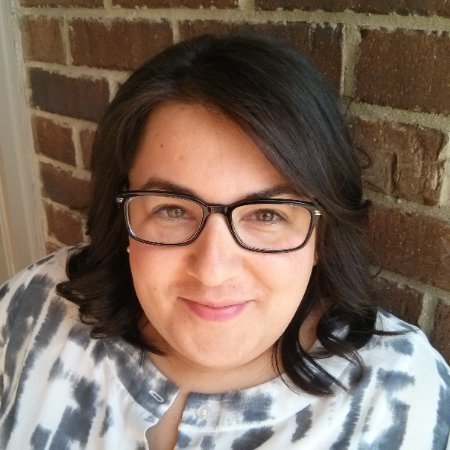During the month of June we are featuring a series of posts focusing on aging from our aging-certificate faculty and current doctoral students to celebrate our new Certificate in the Psychology of Aging and Well-being. On June 22, 2015, MSP is hosting Dr. Manuel Sklar who will present “Better Choices For A Better Ending,” a lecture that will cover various aging related topics including: advanced directives, care coordination, and patient advocacy. Donations will be accepted for our Certificate in the Psychology of Aging and Well-being scholarship fund.
Because of my combined interest in aging and sexuality, I occasionally get asked to provide sex education trainings to groups of older adults. The responses that I get when I tell people that I’m preparing to speak to a group of older adults on issues related to sex and sexuality are always interesting. Many people cannot understand why older adults would need or want sex education, and this thinking is rooted in the myth that older adults have lost all interest in sex.
Sex is an important part of physical and emotional health. As one ages, their sexual health will inevitably change, but growing older does not necessarily equate to complete loss of sexual interest. Research has shown that some of the most significant factors impacting the sexual health of older adults are hormonal changes, medical conditions, and loss of a partner.
As a woman approaches menopause, her estrogen levels begin to decrease leading to symptoms that tend to make sexual intercourse uncomfortable. In addition, hormonal changes during menopause may cause women to have lowered sexual interest and difficulty becoming aroused. Similarly, as men age, their testosterone levels begin to decrease often leading to difficulty maintaining arousal.
As a person grows older, their risk for health problems increase. Physical conditions such as heart disease, diabetes, high blood pressure, obesity, arthritis, and cancer can certainly make engaging in sexual behavior more challenging. Emotional difficulties such as depression, anxiety, and low self-esteem can also have a significant impact on one’s ability to engage sexually, and many older adults are dealing with compounded physical and mental barriers.
A 2007 study of sexuality and health among older adults in the United States revealed an interesting disparity; while it’s clear that despite these barriers many older adults are sexually active and sexual problems impact their emotional well-being, issues related to sex and sexuality are infrequently discussed with physicians.
Psychologists are in a unique position to assist older adults in exploring how their sexual expression has evolved across the lifespan, de-bunk myths and provide facts about the sex lives of older adults, address unique considerations and risks for the older adult population (including increased risk for HIV/AIDS and STDs), help older adults re-define sexual intercourse, and encourage them to advocate for their pleasure and safety both in intimate relationships and with medical professionals.
 By Dr. Jill Castro, PsyD, LP, Aging Certificate Coordinator and Assistant Director of Clinical Training at MSP
By Dr. Jill Castro, PsyD, LP, Aging Certificate Coordinator and Assistant Director of Clinical Training at MSP